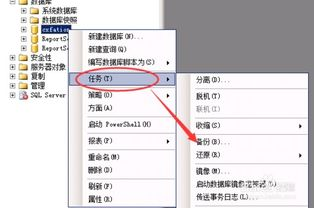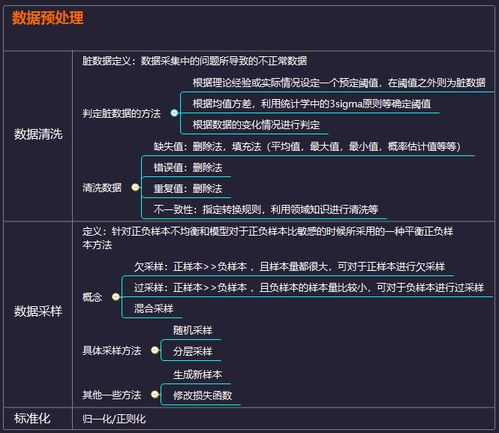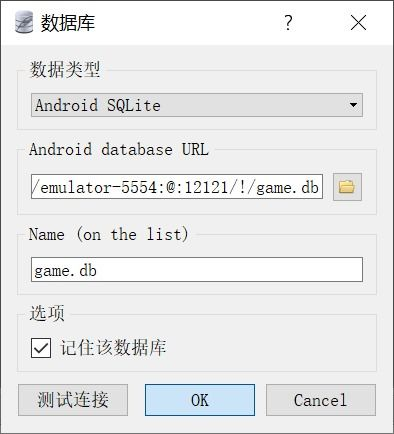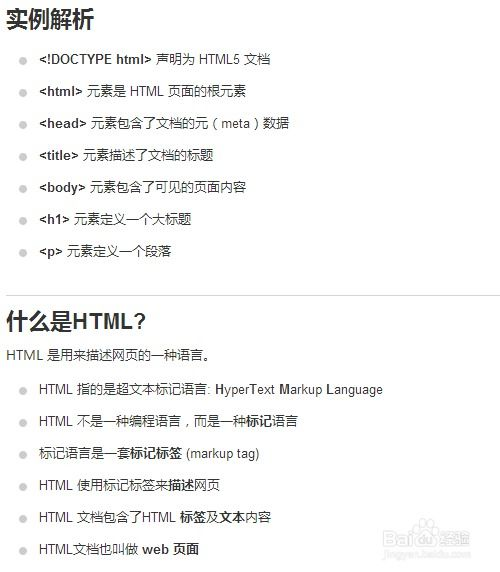ASP.NET First-Time Visitor Events, Understanding Their Functionality
Understanding First-Time Visitor Events
In the ASP.NET framework, first-time visitor events refer to the actions taken when a user accesses a web application for the first time. These events are crucial for personalizing the user experience, allowing developers to tailor the interface and the content they receive based on their status as a new visitor. By detecting whether a user is visiting for the first time, ASP.NET applications can set up important session variables and initiate certain processes that would enhance user engagement.
Typically, this is achieved through the use of sessions and cookies. When a first-time visitor accesses the application, the server can create a session with unique identifiers. This process enables tracking of user behavior, preferences, and potential interactions with various features of the website. Additionally, cookies can be set to record information related to first-time visits, such as login details or preferences selected during initial visits.
Implementing First-Time Visitor Detection
To implement first-time visitor detection in an ASP.NET application effectively, developers can leverage the Session and Cookie objects provided by the framework. For instance, a common approach is to check for a specific cookie that indicates whether the user has visited the site before. If the cookie does not exist, it implies that this is their first visit, prompting the application to set up the environment accordingly.
Here's a simple implementation example:
```csharp
protected void Page_Load(object sender, EventArgs e) {
if (Request.Cookies["Visited"] == null) {
Response.Cookies.Add(new HttpCookie("Visited", "true"));
Session["IsFirstVisit"] = true;
} else {
Session["IsFirstVisit"] = false;
}
}```
In the example above, a check is performed to determine if a "Visited" cookie exists. If it does not, the application marks the user as a first-time visitor by setting the session variable "IsFirstVisit" to true, while also creating the cookie to mark future visits. If the cookie does exist, the session variable is set to false, indicating that this user is not a first-time visitor.
Enhancing User Experience for First-Time Visitors
Enhancing user experience for first-time visitors involves several strategies tailored to provide guidance and engagement. These may include displaying welcome messages, offering tutorials, or introducing special features that help users navigate the application more effectively. This approach not only helps users become accustomed to the environment but also improves retention rates and encourages further exploration of the application.
Creating a friendly and engaging opening experience sets the stage for continued interactions and a positive relationship between the user and the application. Moreover, implementing user feedback mechanisms during these first encounters can offer invaluable insights into how first-time visitors experience the application, further aiding in ongoing enhancements.
In summary, first-time visitor events in ASP.NET play a pivotal role in shaping user experience. By understanding how to detect and manage these events through sessions and cookies, developers can create personalized experiences that engage, inform, and retain users. Implementing thoughtful strategies for onboarding first-time visitors leads to smoother navigations and a lasting impact on user satisfaction.





